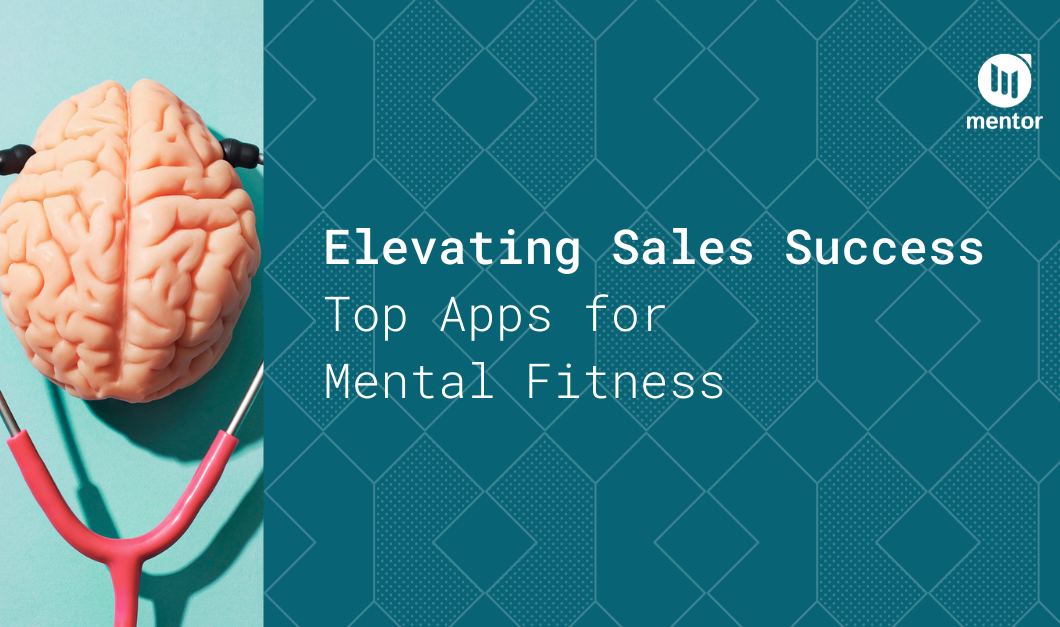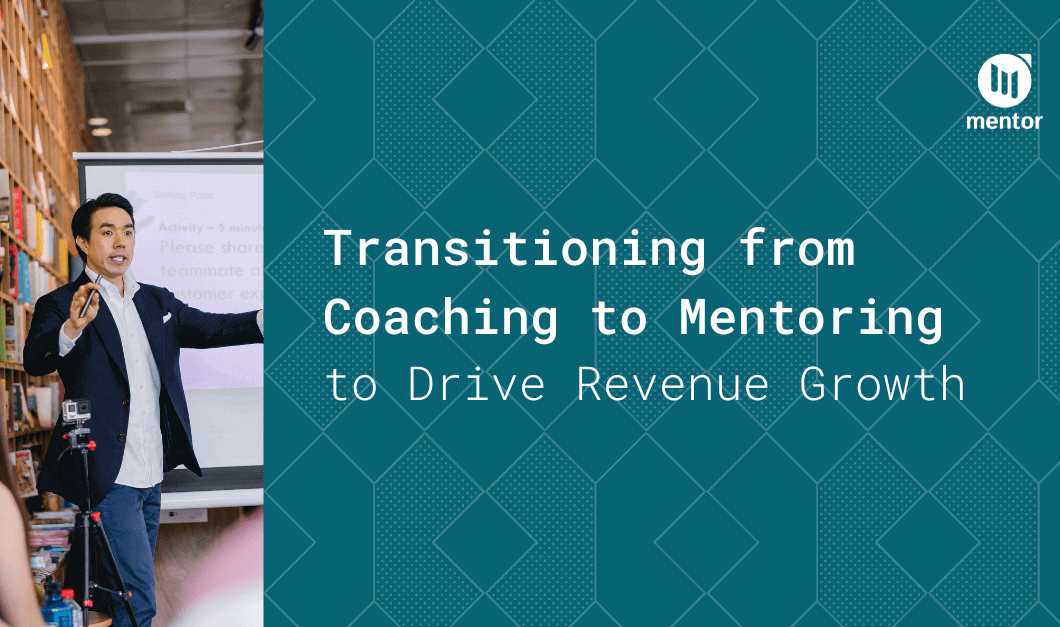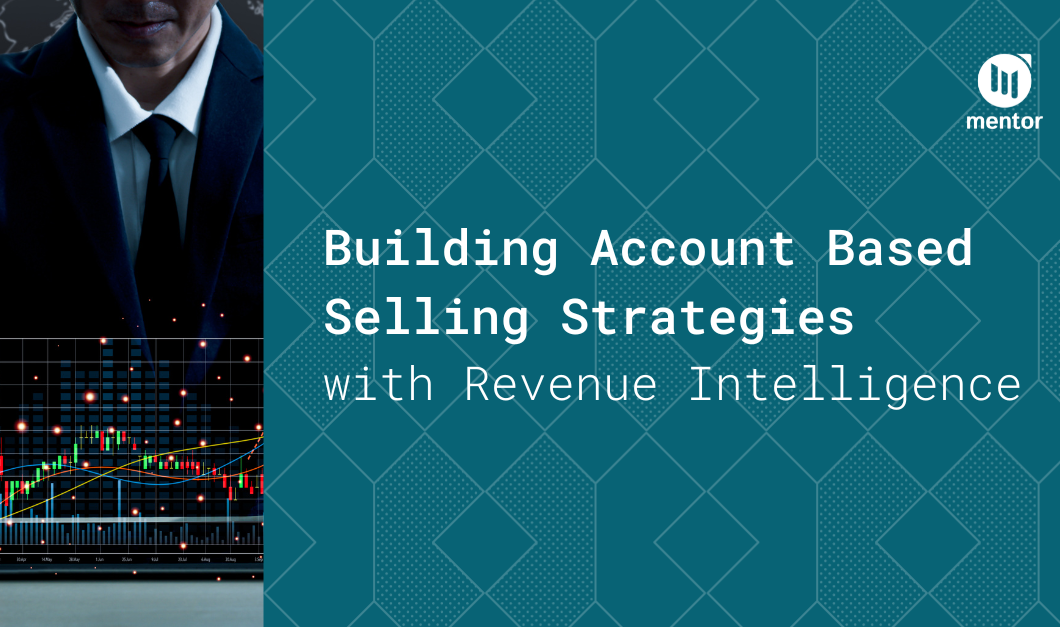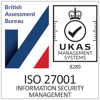In one of our recent blogs, we talked about the importance of ensuring that you have the right CRM for your sales team. If you haven’t already, make sure that you go back and read that blog for some keen insights.
In this blog, we’re going to focus specifically on one of the most important benefits of having a robust CRM – forecast accuracy.
What you put in, you get out
CRMs, when used correctly, help separate fact from emotion when it comes to generating accurate sales forecasts. They won’t completely divorce emotion from the process, of course, since sellers and sales managers will interpret facts in different ways, and will have different risk appetites that will lead to them making different choices off the back of their interpretations of the data that is given to them.
CRMs are, of course, only as good as the data that is fed into them; better data results in more accurate forecasts which enables you to more efficiently and effectively allocate time and resources to your sales pipeline.
For the most part, good CRMs make it much easier to see clear facts, and enable sellers and sales managers to make informed decisions, and lay out appropriate courses of action.
This makes sales forecasting a much simpler task for your organisation.
Forecast accuracy is essential for proper planning and resource allocation
As an organisation, it’s critical that you have the right tools – and the right people using the right tools – to generate accurate sales forecasts.
Falling too far under your forecast is obviously a negative result. You’re missing out on crucial revenue, but perhaps more importantly it can suggest that your sales team are either under-resourced or under-skilled, both of which can be catastrophic for your organisation.
However, it can also be detrimental to overperform against your sales forecast. This overperformance can leave you spreading your available resources too thin, struggling to manage all the different promises and deals and negotiations within your pipeline.
As things begin to fall through the cracks, customers might begin to get disgruntled with what they perceive to be poor customer service and broken promises, which impacts both future revenue streams and the reputation of your organisation.
But what if there was a way to improve the accuracy of sales forecasts, whilst simultaneously negating most of the risks of overperforming against those forecasts?
This is where software as a service comes in.
The two-fold impact of Software as a Service
At Mentor Group, we are increasingly moving towards a software as a service model that has a two-fold impact on forecast accuracy.
Firstly, operating under the software as a service model means the deliverables of your products aren’t inherently dependent on people, but rather on software.
This places a very different demand on resources that, with the right foundations in place, can allow for a more “ad hoc” scaling of services, and can therefore close the gap between resources demanded and resources needed to fulfil your promises.
With this crucial resource gap addressed, you have the freedom to release your sales teams to do more of what they love best; selling. You don’t need to be as concerned with overperforming against your forecasts as the stretch is handled by software, not people.
Whilst you will still want to review the reasons why you overperformed to ensure you aren’t dealing with poorly-qualified data, the negative impacts of that overperformance are largely mitigated by embracing a software as a service model for your products and services.
Coaching with Software as a Service
The second, and most important impact of the software as a service model comes in the form of coaching; more specifically, coaching the right behaviours to ensure that your salespeople are using their CRM as a sales tool, and not just as a reporting tool.
The closest lever to sales forecasting is your sales management system, and the way that system drives the right behaviours. Perhaps the biggest influence in that system is going to be your coaching model.
How do you offer consistent, scalable coaching to your salespeople so they can learn and reinforce that learning on-demand? How do you coach teams that span cities, countries and even continents to use CRMs correctly, and therefore improve forecast accuracy?
You package your content virtually, and you deliver it virtually. The software as a service model doesn’t just dictate the services and solutions you offer to your customer; it must be a golden thread that runs all the way through your operating model.
If your people can learn on-demand, on any device, in a way that fits seamlessly into their working routines, you can ensure that you are consistently and effectively driving and reinforcing the right skillset, toolset and mindset when it comes to using your CRM.
This in turn means that your salespeople are likely going to be putting not just good data, but the right data into your CRM, which will produce better reports, enabling you to generate more accurate and reliable sales forecasts.
If your products and services are also packaged and delivered virtually under a software as a service model, you can operate with more flexibility around the top end of your forecast, knowing that the resource demand has been shifted away from people and back onto the software – the threat of poor customer service, broken promises and reputational harm is mitigated by the inherent flexibility of the software you’re using to deliver your services.
We have a team of world-class consultants and subject matter experts who would be delighted to talk to you about how you can start the shift towards embracing a software as a service approach – simply get in touch with us today and we will get back to you as soon as we can.
.







